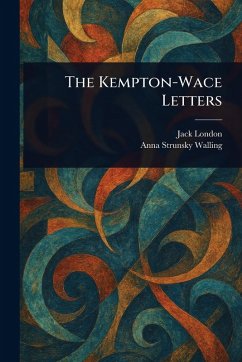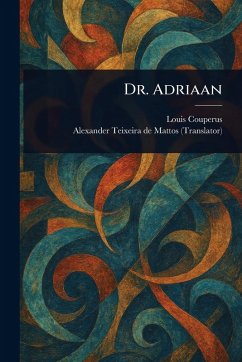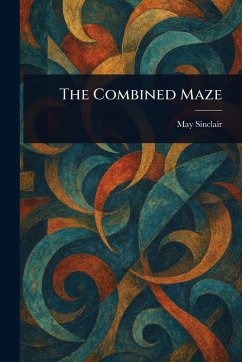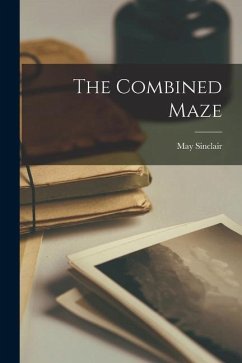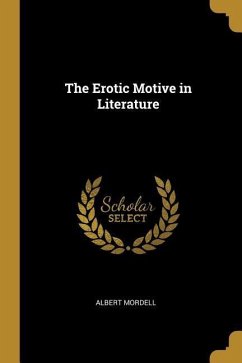
The Essays of Henry David Thoreau
Versandkostenfrei!
Versandfertig in über 4 Wochen
18,99 €
inkl. MwSt.
Weitere Ausgaben:

PAYBACK Punkte
9 °P sammeln!
A definitive collection of Henry David Thoreau’s major essays, annotated and introduced by Lewis Hyde. Diverging from the long-standing custom of separating Thoreau’s politics from his interest in nature, renowned author Lewis Hyde brings together essays that highlight the ways in which these two strands of thought were intertwined. Here, natural history begins not with fish and birds, but with a dismissal of the political world, and condemnation of slavery concludes with a meditation on the water lilies blooming on the Concord River. This definitive edition includes Thoreau’s most famou...
A definitive collection of Henry David Thoreau’s major essays, annotated and introduced by Lewis Hyde. Diverging from the long-standing custom of separating Thoreau’s politics from his interest in nature, renowned author Lewis Hyde brings together essays that highlight the ways in which these two strands of thought were intertwined. Here, natural history begins not with fish and birds, but with a dismissal of the political world, and condemnation of slavery concludes with a meditation on the water lilies blooming on the Concord River. This definitive edition includes Thoreau’s most famous essays, “Civil Disobedience” and “Walking,” along with lesser-known masterpieces such as “Wild Apples,” “The Last Days of John Brown,” and an account of Thoreau’s 1846 journey into the Maine wilderness to climb Mount Katahdin—an essay that ends on a unique note of sublimity and terror in the face of raw nature. While Thoreau’s ideal reader was expected to be politically engaged in current affairs and well versed in Greek, Latin, poetry, and travel narrative, Hyde’s inviting annotations clarify many of Thoreau’s references and recreate the contemporary context of the day, when the nation’s westward expansion was bringing to a head the racial tensions that would result in the Civil War. Hyde deems Thoreau’s writing prophetic because “the prophet speaks of things that will be true in the future because they are true in all time.” Thoreau’s revelatory writing coupled with the luminous insights from Hyde—“one of our country’s greatest public thinkers” (Lawrence Weschler)—make The Essays of Henry David Thoreau essential reading at a moment in our nation’s history when his subversiveness, foresight, and lyricism are badly needed.




